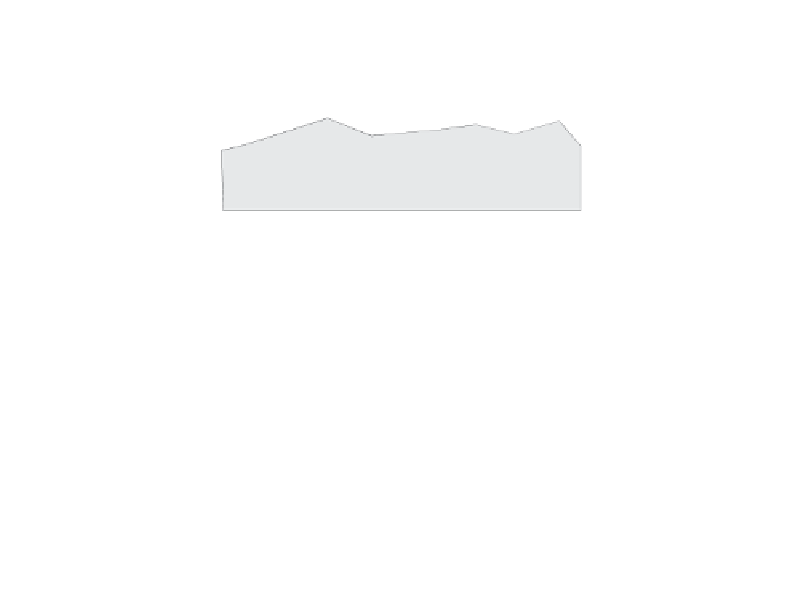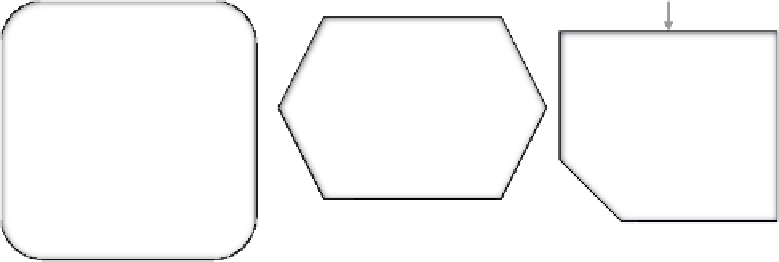Environmental Engineering Reference
In-Depth Information
Organic waste discharge
to land environment
Reduction of impact
Alternatives to
land disposal
Land environment
EU Directives
Waste policy for separate
organic collection
EU Directive on landfills
EU strategy on soil
protection
Directive on biological
treatment of biodegradable
waste
Climate change programme
Anaerobic digestion
Decomposition of organic
wastes from commerce,
agriculture, and industry
High quality organic fertilizer,
soil improver
Recovery of energy
Composting
Decomposition of organic
wastes from kitchens,
households, gardens,
parks, industry
Produces high quality of
organic fertilizer, soil
conditioner
FIGURE 13.11
European initiatives for managing organic waste. (From Barth, J.,
From Waste to Valuable Product—15 Years of
Successful Experiences with Recycling of Organic Waste in Europe
, presented at AMERICANA 2005, Montreal, April
6 - 8, 20 05.)
climate change by providing a carbon sink in the soil. Since the adoption of the strategy
in 2006, a report was issued in 2012 from the Commission to the European Parliament, the
Council, the European Economic and Social Committee, and the Committee of the Regions
to implement the Soil Thematic Strategy and ongoing activities (European Commission,
2012). This report also presents trends in soil degradation both in Europe and worldwide
and challenges for the future protection of the soil.
The four pillars include raising awareness, research, integration, and legislation. With
regard to research around 25 research projects on soil have been funded under the Seventh
Framework Programme for Research (European Commission, 2014b). The European
Climate Change Programme (ECCP) (European Commission, 2014c) promotes the buildup
of carbon in the soil by organic fertilizers, which can thus serve as a carbon sink (via the
process of carbon sequestration) of up to 2 gigatonnes of carbon per year. This is compared
with 8 gigatonnes of carbon per year that are emitted in to the atmosphere. Therefore, the
practice of biological waste treatment of separated wastes that is developing in Europe is
clearly more sustainable than landilling solid waste. The irst ECCP ran from 2002 to 2004.
ECCP (II) was initiated in 2005. It focuses on implementing aspects highlighted in ECCP
(I). Some of the aspects being investigated are particularly relevant to the geoenvironment
such as carbon capture and geological storage, agriculture, and the sinks-subgroup on
agricultural soils and forest-related sinks.


























Search WWH ::

Custom Search